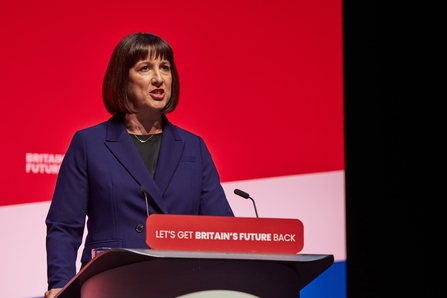Here we go again. They’ve used this plot line many times before, and it was boring and frustrating the first time around.
I remember the one, from way back in 2005, when Gordon Brown decided to scrap the Operating and Financial Review (OFR) on social and environmental reporting just days before it was due to come into force, just for what he thought would be a quick clap at the CBI conference. Businesses had already spent millions of pounds getting ready for it, generally thought the OFR was a good idea, and were incredibly cross when the then Chancellor of the Exchequer decided to get rid of it. Talk about misjudging the room!
And what about that one when David Cameron decided to “cut the green crap” and so got rid of the Zero Carbon Homes standard which would have made sure that all new homes produced zero carbon emissions by 2016. He did so at just the point that the vast majority of housebuilders were all geared up to implement it, with plenty of energy and insulation specialists losing their jobs as a result. His last minute anti-green spasm also added an estimated £2.6 billion to the energy bills of homeowners in new builds between 2015 and 2022 according to Carbon Brief. Yeah, thanks Dave!


